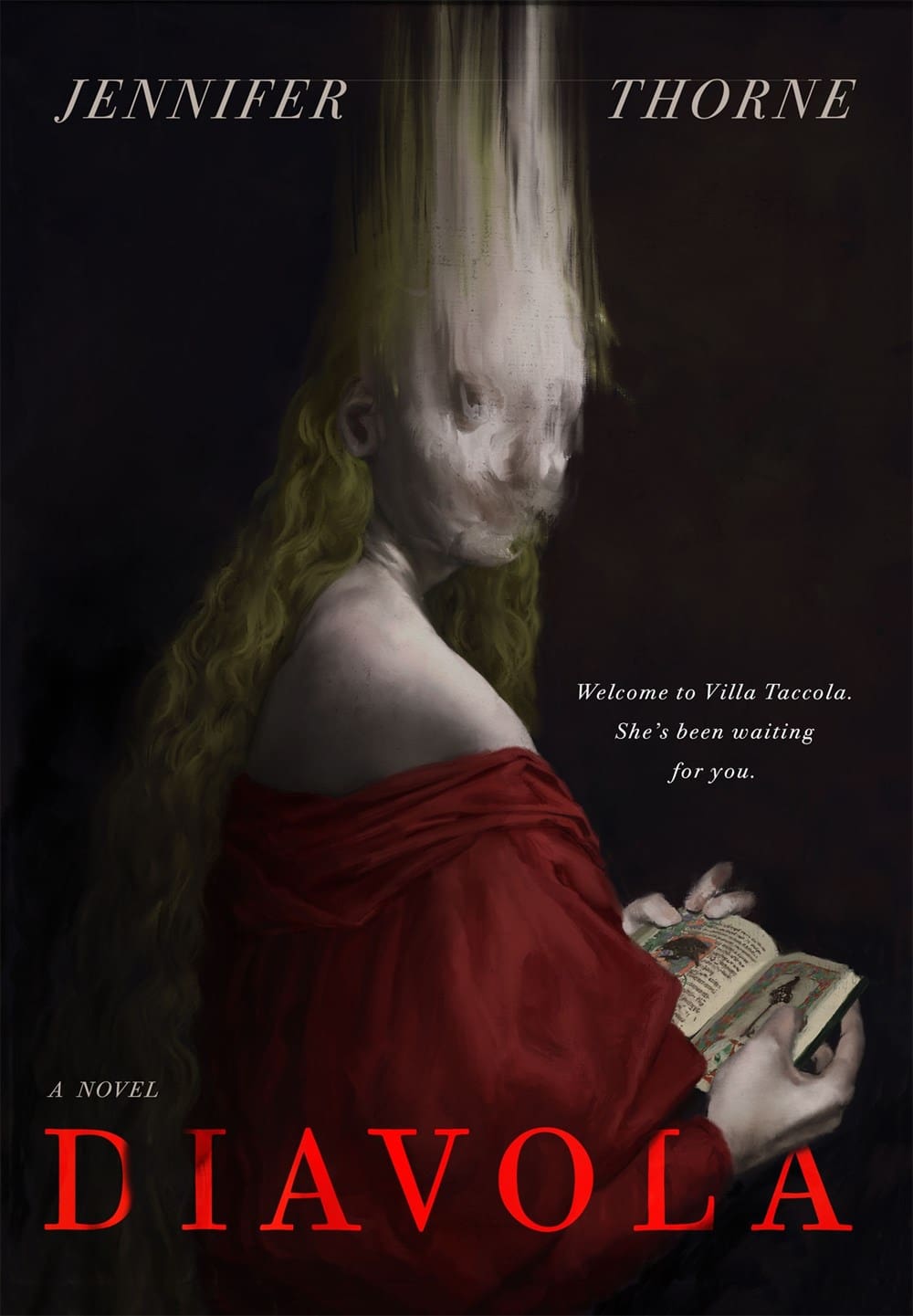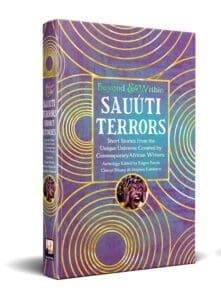
Synopsis
White Lotus meets Hereditary in this uproarious and unsettling dissection of a dysfunctional family and their ghosts, both literal and metaphorical. Perfect for fans of Grady Hendrix and Ronald Malfi
Anna only has one rule for the annual Pace family vacations: tread lightly, and survive.
It isn’t easy when she’s the only who doesn’t seem to fit in. Her twin brother Benny goes with the flow so much he’s practically dissolved, and her high-strung older sister Nicole is so used to everyone―including her blandly docile husband and two young daughters―falling in line that Anna often ends up chastised for simply asking a question. Her Mom is baffled by Anna’s life choices (why waste her artistic talent at an ad agency?), and her Dad―well, he just wants a little peace and quiet.
The gorgeous villa outside a remote Tuscan town seems like the perfect place to endure so much family time―not to mention Benny’s demanding new boyfriend, Christopher. If her family becomes too much to handle, then at least Anna can wander off to a wine tasting or lose herself in an art gallery. That is, until strange things start to happen―strange noises at night, food rotting within hours, dreams that feel more like memories. Then, the unsettling warnings from the locals: don’t open the tower door.
But Anna does open it. And what she releases threatens to devour her family―that is, if her family doesn’t tear itself apart first.
Review
I’ve always thought that Italy was supposed to be a lovely country, with sprawling vineyards, rich history, and delicious food. Well, according to Jennifer Thorne, it’s actually a ghost infested hellhole!
I’m joking, of course! But against this backdrop of European perfection, of said vineyards and renaissance art, Thorne paints a familial drama veined with neo-Gothic twists, and an ever present sense of lurking. Lurking either from the what the Pace family say or don’t say, of the presence that made the luxury AirBnB home of Villa Taccola its nest, of peoples thoughts and attitudes towards our protagonist, Anna. There’s always a sense of offness, in a good way, with everything that happens in this novel. It’s bitter, cloying, a gut deep feeling something being wrong, before becoming a deep slide into something more overt.
In this novel, Thorne puts us in the head of Anna Pace, one of the three adult children of the Pace family, a clearly financially stable (and “mildly successful”, to put it lightly) family, as she heads to Italy for the annual Pace family holiday (vacation, to the Americans reading this). Immediately, from the first line, we know that Anna and her relationship with her family isn’t all sunshines and rainbows. It’s not dysfunctional like the Mishima family from Tekken (no one gets thrown into a volcano unfortunately), but its a different kind of dysfunction. A snide, subtle kind of bitterness to the interactions is deftly woven into the pages, which makes it less melodramatic and more real, more nuanced. It’s a truly believable family, who take great care to one up each other, are offended by the littlest of slights, and every conversation is laced with some form of toxicity (of our city, of our ciiiiiiitttyyy).
Cleverly juxtaposing this, is of course, the ghostly elements. I liked how these supernatural elements worsened in line as the family got more and more at their throat, starting with faint whispers of unease to full blown undeniably acts of the paranormal, before, in my eyes, becoming a metaphor for Anna’s isolation and the depression that sinks bone with it. Anna herself is by no means a perfect person, but what her family put her through is vile. I really did sympathise with her. The weight of their expectations, in terms of what they expect from her and for her to do, is enough to crush anyone, but Anna is strong, having spent years at the shit end of her families disappointments, blame, and vitriol. But after a lifetime of these manipulations and slights, it’s only a matter of time before a person can break, surely?
Each member of the Pace family is uniquely shitty too. Nicole, Anna’s older sister, is judgemental, toxic and always lays blame of her issues are Anna’s door. Her Dad is emotional distant, unimpressed and unsupportive. Throne’s depiction of a family with deep history, bonds, breaks and upsets, compounds into a fully realised relationship. Also, Chris(topher, I don’t even really want to call him by his full name) is the biggest dickhead, and someone I’d definitely have called out as being one within moments of meeting him. Prick.
For me, the explorations of these above themes, of living an unfulfilling life, of belonging, finding meaning, of being an outcast for no reason other than that’s what others have labelled you, is masterfully achieved.
Diavola is a great ghost story, that really, like most ghost stories, isn’t really about the supernatural, but more about what haunts us without us knowing. And by the time we do acknowledge it, its almost too late to combat it, and will invariably change us as a person. If you liked the familial dysfunction of Mike Flanagan’s The Haunting of Hill House (you could even put half of the cast into the shoes of these characters), I think this will also be right up your street!
Before I go; I think wine tastes like vinegary piss.








Leave a Reply